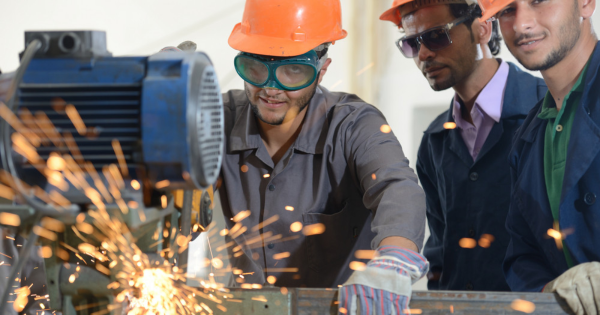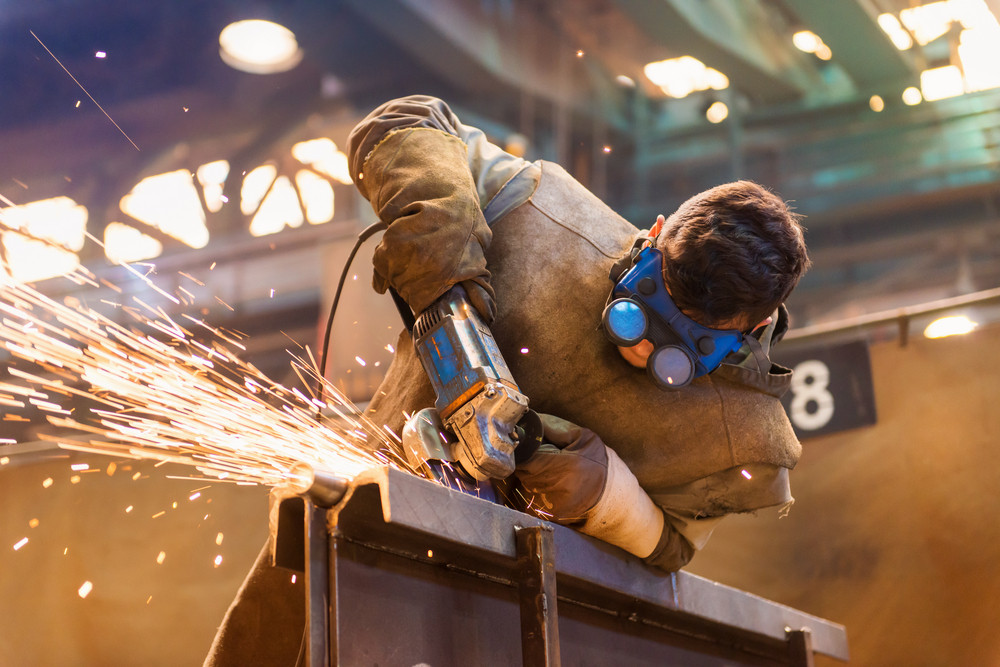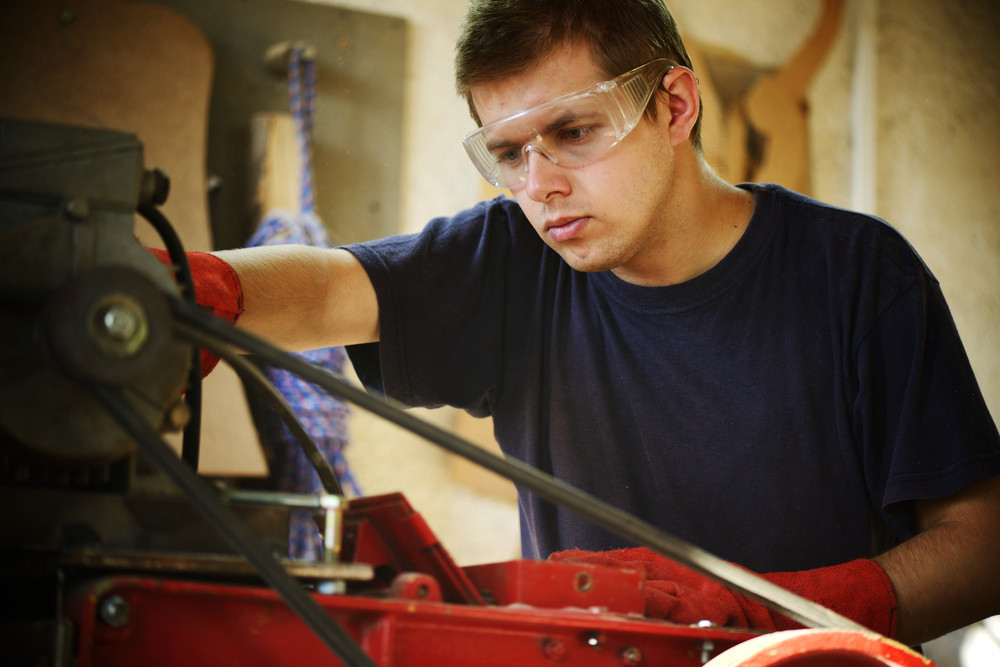CNC machining specialists can produce a variety of metal goods and parts by using a complex and detailed process. Understanding the ins and outs of this process will make it easier for you to decide if it is right for your needs or if you need a different option for your facility, so keep reading to learn more.
CNC Machining Definition
Computer Numerical Control (CNC) is a subtractive manufacturing process that uses computer controls and programs to create various tools and parts carefully. The earliest CNC machines in the 1940s and 1950s used punch tape, but modern machines utilize more complex and detailed programs to produce extensive products that meet various safety and stability guidelines.
The CNC Machining Process
CNC machining specialists utilize multiple steps to produce parts. They start by using CAD (computer-aided drafting) programs to create a design. When finished, this design is converted into a CNC program that is fed into the machine. These designs use both 2D vectors or a 3D solid part design to create the completed part. The machine then crafts the part with G-code and M-code (two common programming languages) dictating the tooling actions and how the part is cut and created for your needs.
Common Types of CNC Machining
CNC machining comes in multiple types. The first is CNC drilling. This process uses multi-point drill bits to create holes throughout the piece. The bit feeds perpendicularly to the surface, creating vertical holes throughout the machine. Other elements include counterboring, countersinking, tapping, and reaming. These steps help to create holes of various sizes and shapes.
CNC milling uses rotating multi-point tools to remove material from the piece carefully. The part is fed to the mill in the same direction as the cut, creating shallow and flat surfaces or deep cavities. CNC turning uses a single-point tool to remove material from a part. Think of this process as if you’re working a lathe, as it operates on the same basic principle.
By understanding these steps, you can identify CNC machining specialists who you can trust to handle your needs. Talk with these experts about which machining option works the best for your business. They’ll examine your part needs, talk with you about the various processes available, and create a plan that makes the most sense for your needs. In this way, you can avoid unnecessary costs and expenses. Learn more by contacting Dexter Design today.








